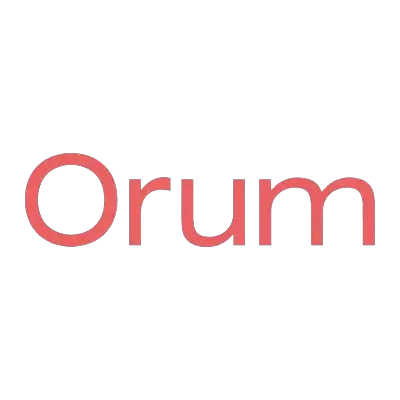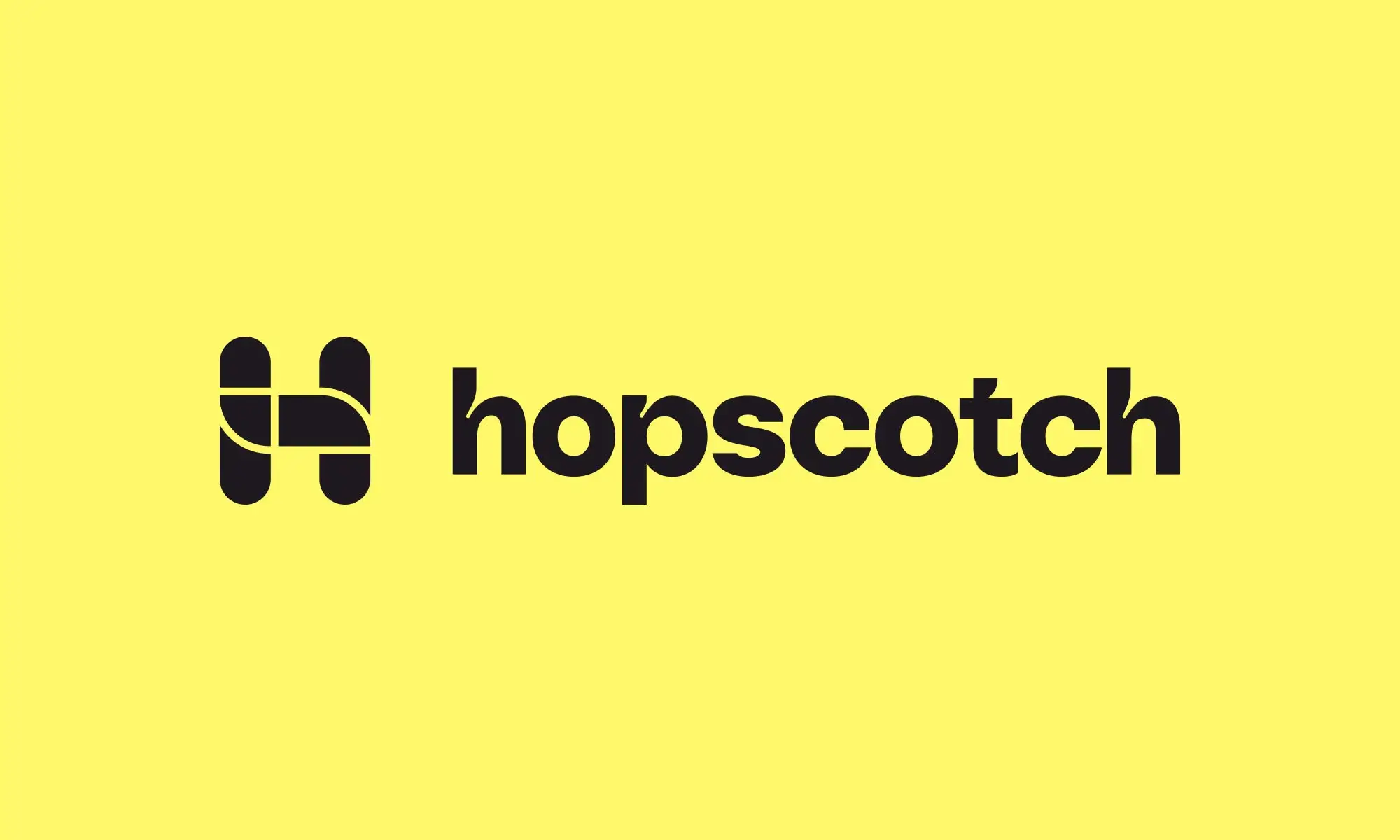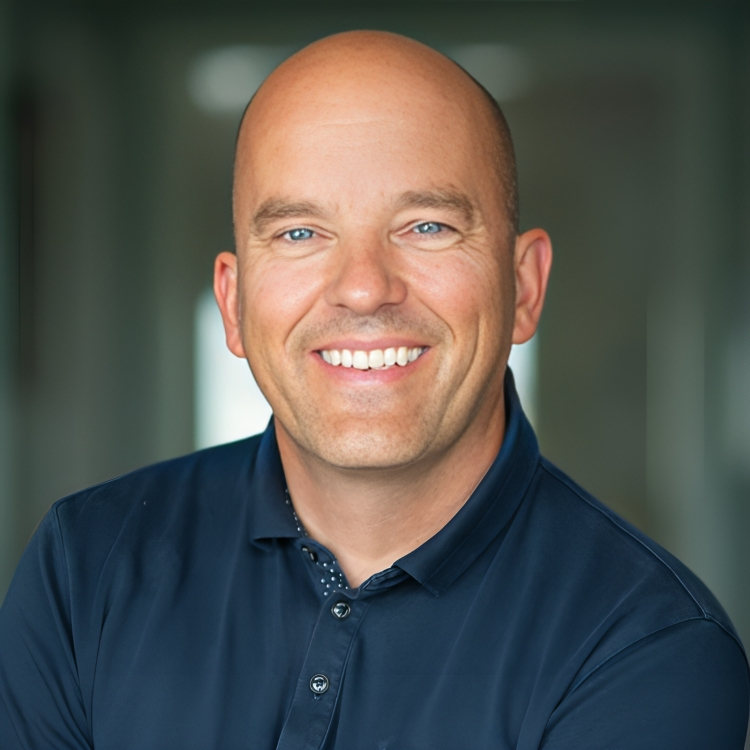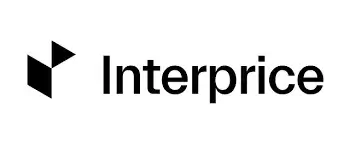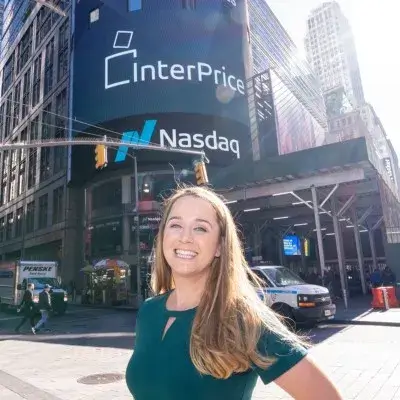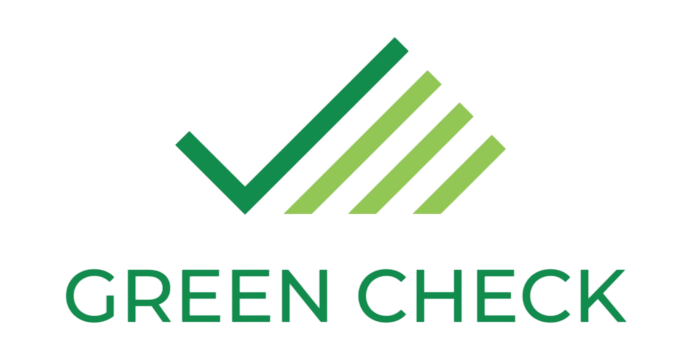Ready to launch your own podcast? Book a strategy call.
Frontlines.io | Where B2B Founders Talk GTM.
Strategic Communications Advisory For Visionary Founders
Conversation
Highlights
When The Unconventional Path is Your Greatest GTM Advantage
Most Silicon Valley startup stories follow a familiar script: young founders spot a problem, build an MVP in their garage, and race to market. But in a recent episode of Category Visionaries, Ron Benegbi shared a radically different playbook for how Uplinq is revolutionizing small business lending by taking the opposite approach.
Instead of building from scratch, Uplinq acquired battle-tested technology with 15 years of market validation and $1.4 trillion in lending decisions. As Ron explains, “You don’t have two guys here who have spent the last two years in a basement building a product that they think makes sense for the market… In fact, you have the opposite of that.”
This unconventional approach emerged from a deep understanding of their market’s needs. Small business lending has traditionally been an underserved segment, with lenders rejecting the vast majority of applicants. The challenge wasn’t building new technology – it was convincing conservative financial institutions to think differently about credit risk while staying within their existing frameworks.
Rather than pitching revolutionary change, Uplinq leads with empirical evidence. “We go into a potential customer and we say, look, let us prove it to you,” Ron shares. “Let us do a proof of concept, a back test. Let us take information. Let us go back three years, five years.”
This evidence-based GTM strategy has yielded remarkable results. In one case study, Ron describes how they helped an online lender transform their business: “They were on average declining 95% of all their loan applicants… were able to show them within the context of their existing credit process and credit workflows and how they thought about risk in general… they were able to go from basically a 95% decline rate to a 60% to 70% approval rate.”
The key was demonstrating value without asking institutions to fundamentally change their risk models. As Ron notes, they’re seeing banks under “tremendous pressure all the way up to the CEO level to grow our business book. However we are not allowed to change our risk models so how are we going to grow?”
This deep understanding of customer constraints shaped their entire GTM motion. Rather than leading with typical startup bravado, they take the opposite approach. As Ron shares, his co-founder will tell prospects “Don’t believe anything we say. Don’t believe any fintech. All fintechs are liars.”
This brutally honest approach, combined with their extensive validation data, has helped them move at unprecedented speed with typically conservative institutions. “I’ve been selling to FIs for over 25 years and I’ve never seen some FIs and I mean some large FIs move as quickly as they’ve moved with us,” Ron reflects.
Their biggest GTM challenge wasn’t technology or product-market fit – it was building the right team. As Ron candidly shares, “Made some mistakes… Spent some money, lost some money, I would say wasted some money. Not purposely, of course, but learned along the way.”
The turning point came when they focused on stability over speed. “For the last eight months or so, ten months even, we have what I consider to be an incredibly stable environment where the team has just come together, gelled and really meshed as this cohesive unit.”
For founders challenging status quo thinking in regulated industries, Ron’s journey offers a valuable alternative to the typical Silicon Valley playbook. Sometimes the fastest path to disruption isn’t starting from scratch – it’s modernizing proven solutions and focusing on evidence over hype.
Success isn’t measured in typical startup metrics either. As Ron explains his three-year vision: “If this company can sustain itself on its own without any one individual and certainly me as a CEO, then we’ve achieved our goal… if we’re able to show conclusively that we have positively impacted the lives of millions of families around the world… then to me, coupled with what I said earlier, that would be success.”
Actionable
Takeaways
Leverage proven technology to jumpstart your startup:
Instead of building from scratch, Uplinq repurposed a battle-tested credit assessment platform with over 15 years of data and $1.4 trillion in lending history. This unique starting point enabled them to enter the market with a compelling offering and credibility.
Target a massive, underserved market:
By focusing on providing fair credit access to small businesses, Uplinq is addressing a critical need that has been amplified by the pandemic and economic uncertainty. Identifying and serving a large, underserved market can be a powerful growth driver for startups.
Overcome the "status quo" objection with data:
Uplinq convinces risk-averse lenders to adopt its solution by providing empirical evidence of its accuracy and potential impact on loan approval rates. By demonstrating tangible results within the lenders' existing credit frameworks, the company overcomes resistance to change.
Offer a "try before you buy" approach:
Uplinq performs proof-of-concept analyses on lenders' historical data, demonstrating the value of its platform and making a compelling business case. This approach builds trust, reduces perceived risk, and accelerates the sales process.
Prioritize building the right team:
Ron considers assembling a stable, cohesive team to be the most critical challenge he overcame in the early stages of Uplinq. By focusing on hiring the right people and creating a strong team dynamic, he was able to devote more energy to other aspects of the business.















